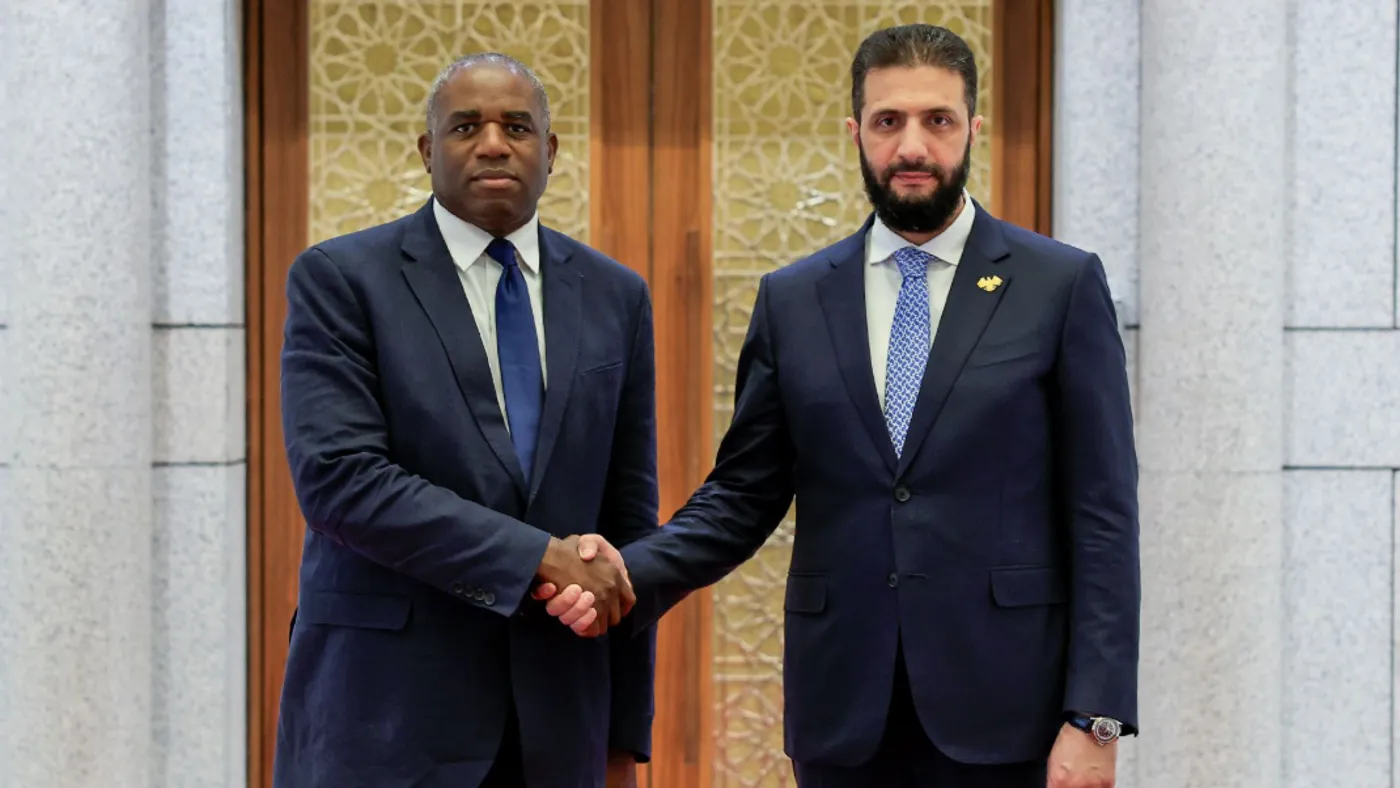
“UK Restores Diplomatic Relations with Syria After 14 Years of Severance”
Political Analysis: UK-Syria Relations Resumed — A Shift in the International Mood
In a landmark move, the United Kingdom officially announced today, Saturday, the resumption of diplomatic relations with Syria after a 14-year break, coinciding with Foreign Secretary David Lammy’s visit to Damascus. This notable development reflects a strategic shift in British policy and is part of a broader wave of Western reopening to Syria amid rapidly evolving regional and international dynamics.
The meeting between the British Foreign Secretary and Syrian President Ahmed Al-Shar’ in the Presidential Palace in Damascus, attended by Syrian Foreign Minister Asaad Al-Shibani, symbolizes an upgrade in political representation and confirms seriousness in renewing ties, going beyond symbolic gestures to practical steps.
New Realism or Pragmatism?
Lammy’s statement that “it is in the UK’s interest to support the new government to build a more secure and prosperous future” reflects a clear pragmatic tone:
London no longer talks about “regime change” but about “supporting the government” in achieving stability.
The British discourse is now framed on security, humanitarian, and economic grounds, moving away from previous political slogans.
Humanitarian Aid Dimensions
The UK’s announcement of an additional humanitarian aid package worth £94.5 million is inseparable from the political dimension of the visit. This package:
Represents part of an unspoken deal to rebuild trust.
Shows the UK’s desire to play a prominent humanitarian role in the post-conflict phase.
May pave the way for gradual involvement in reconstruction efforts, even if not officially acknowledged yet.
Regional and International Changes
The UK’s resumption of relations with Syria comes after:
Several Arab countries reestablished ties with Damascus and Syria’s return to the Arab League.
A decline in Western pressure on the Syrian regime following the failure of several political tracks.
Western concerns about Russian and Iranian influence in Syria, prompting London to reposition itself to protect its strategic interests.
Reading Between the Lines
For the UK: An attempt to regain a political foothold in the Middle East after “Brexit” and diplomatic retrenchment.
For Syria: Gradual international recognition of the Syrian regime’s return to the global equation.
For the international community: Signs of the fracture of Western isolation toward Syria and the start of a new phase of “conditional normalization.”
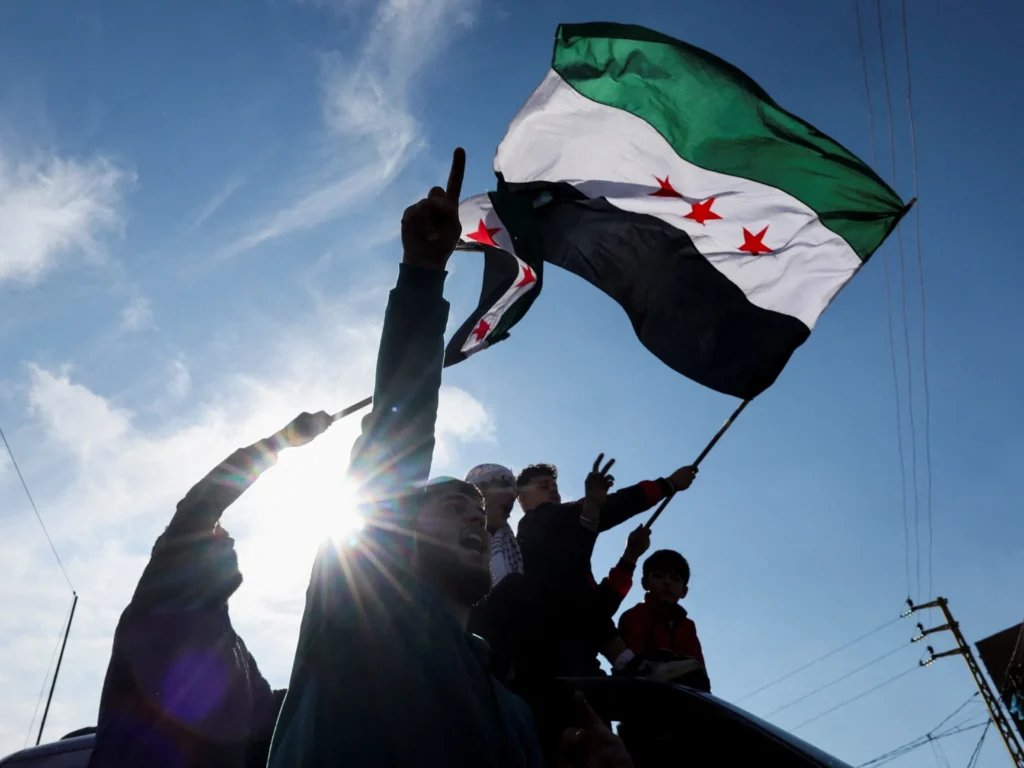
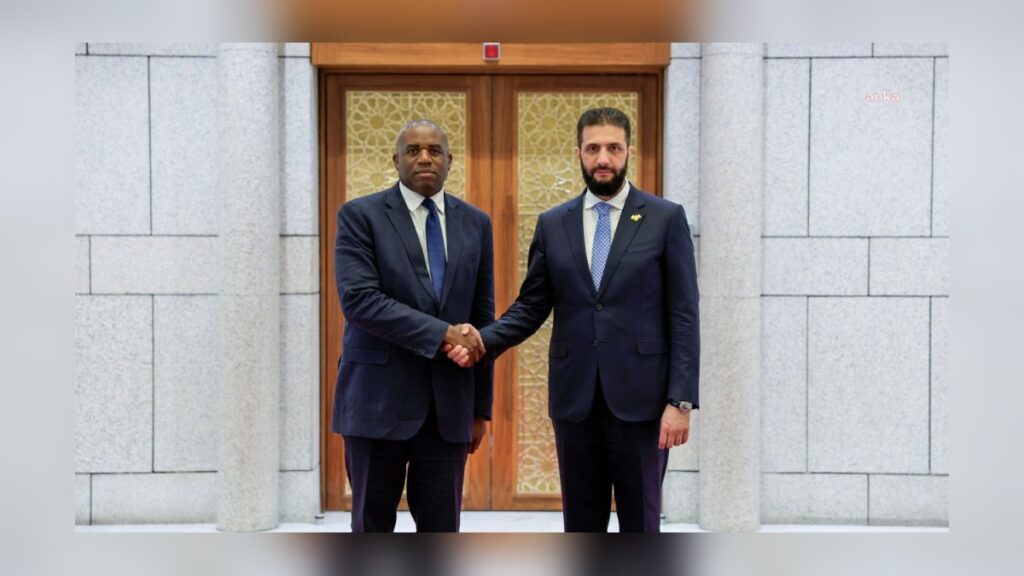
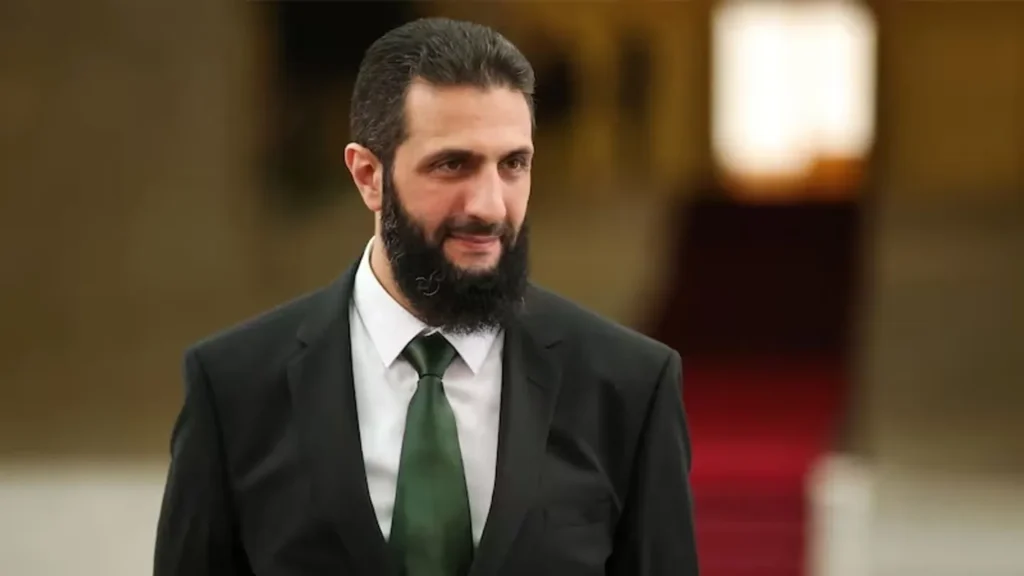







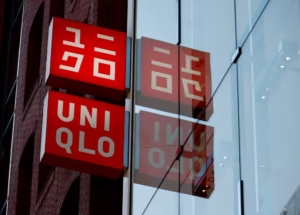





Post Comment